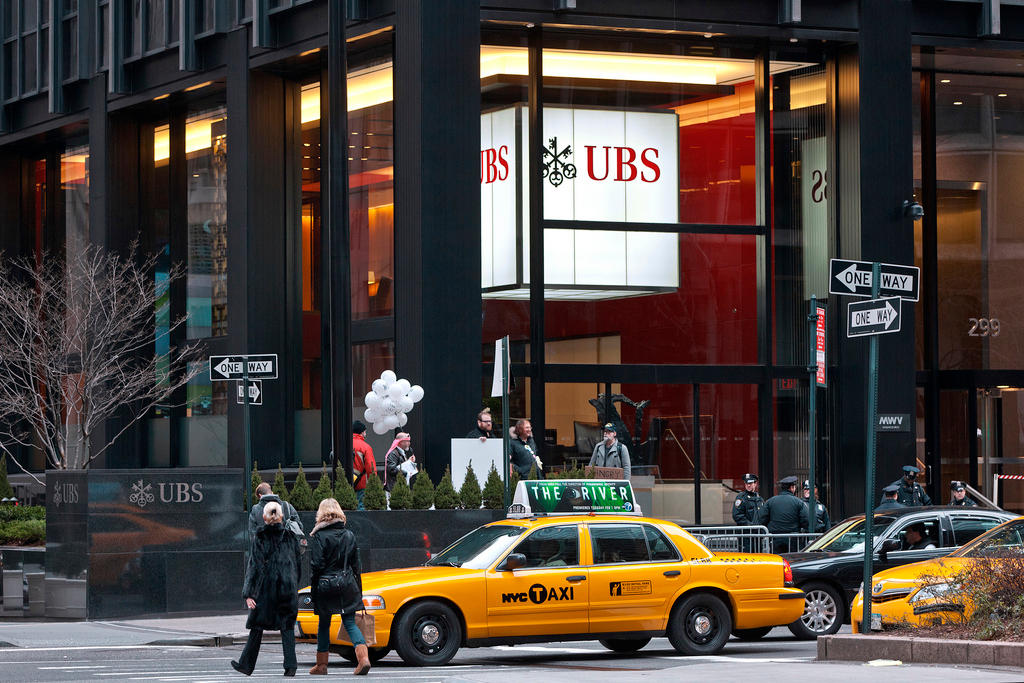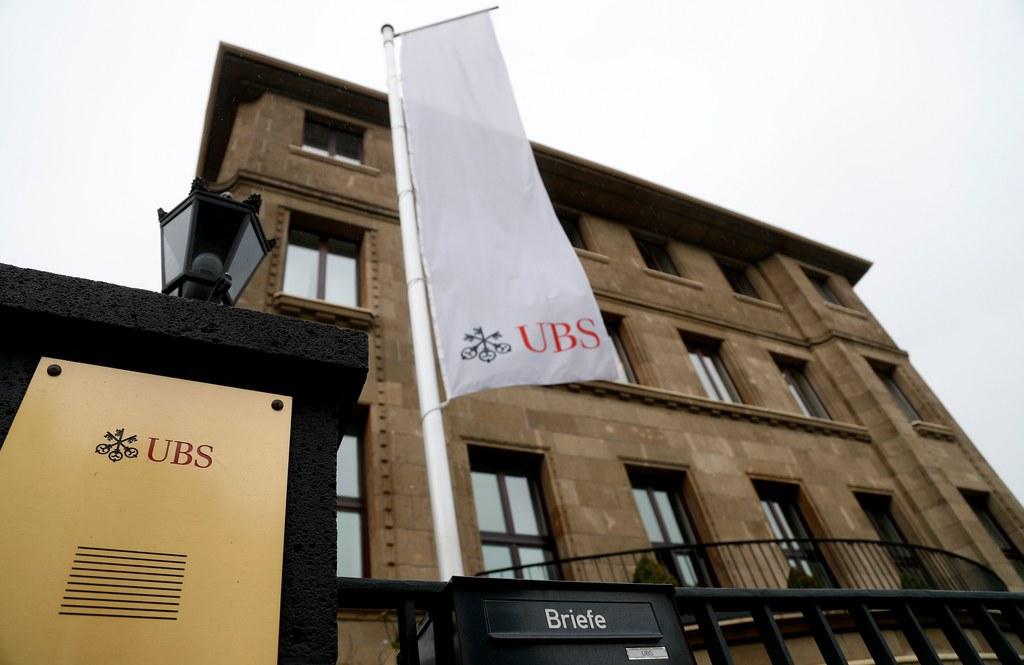UBS moves back into battle for rich Americans

UBS is putting super-rich Americans at the centre of its new strategy to boost growth, nearly a decade after it was fined $780m by the US Department of Justice for helping thousands of clients evade taxes.
The pitch for so-called “ultra-high net worth” clients and family offices is set to be announced on Thursday, when chief executive Sergio Ermotti will set out his revamped plans for Switzerland’s largest bank over the next few years.
UBS is planning to hire dozens of high-profile relationship managers and client advisers from US competitors, hoping they will bring their well-heeled customers with them, according to people familiar with the matter.
The bank will also announce it is re-entering the market for rich expat Americans living in places such as Hong Kong and Singapore. It is considering opening a new broker-dealer unit in Hong Kong to serve them.
UBS believes it can poach American clients away from the likes of Morgan Stanley, JPMorgan and Goldman Sachs by using its global network and international set of products.
The US push comes nine years after the DoJ penalty forced Swiss banks to rethink their business models and struck a fatal blow to Switzerland to its long-held principle of banking secrecy. Expat American clients, in particular, were avoided by many banks.
However, UBS believes more recent regulatory changes have created a safe environment for the bank to re-engage. The 2010 Foreign Account Tax Compliance Act (Fatca) means US authorities can automatically receive information about Swiss bank accounts. Although it has been attacked by banks as burdensome, it has also reduced the risk of regulatory problems.
UBS declined to comment on the content of its strategy day.
Mr Ermotti hinted at the move at a conference for financial chief executives in London’s Landmark hotel last month, referring to the merger of its US and international wealth management operations into a single unit with SFr2.4tn ($2.4tn) in invested assets.
“We are on the attacking side because we have zero business [with US expats] right now . . . because of everything that happened 10 years ago,” he said. “With the two divisions together we can attack the pool of US persons, being in Asia or in Europe. That is now a business as is done de facto by US banks . . . it needs to be exploited.”
Thus far investors have seen little evidence of the benefits — UBS’s share price is 20 per cent lower than a year ago — and management is under pressure to demonstrate the benefits of the merger.
The bank has a steep hill to climb in both the US domestic and diaspora ultra-rich markets. While UBS is the fourth-largest wealth manager in the US, only 10 per cent its wealth business’s invested assets are from “ultra” clients — individuals with more than SFr100m in assets — compared with more than a third in the rest of the world.
If UBS can make inroads, the potential rewards are vast. In a recent report seen by the Financial Times, the bank estimated there were 14,200 US adults with more than SFr100m and another 700 with more than SFr1bn.
Boosting the wealth segment could also help its struggling US investment bank, which has been a laggard on Wall Street and its performance has “immensely frustrated” senior managers, the FT reported in January. UBS lost the high-profile head of the division, Andrea Orcel, last month when he left to become chief executive of Spain’s Banco Santander.
However, the move to rebuild its business targeting wealthy Americans will revive painful memories for UBS of how Bradley Birkenfeld, its former Geneva-based private banker, blew the whistle on the ways it helped US clients to dodge the taxman — even squeezing diamonds into tubes of toothpaste to avoid detection by authorities.
That was a low point for a Swiss banking sector that had long thrived as a secure location for the world’s rich to secretly stash their wealth. Since then the country’s banks have paid more than $5.5bn in US penalties for tax dodging and more than 80 of them have been processed under an agreement between the two countries.
Other Swiss banks that have recently stepped up efforts to target US clients include Zurich-based Vontobel bank, which on Friday announced a strategic partnership to advise US-based private clients of Geneva rival Lombard Odier.
Copyright The Financial Times Limited 2018

In compliance with the JTI standards
More: SWI swissinfo.ch certified by the Journalism Trust Initiative











You can find an overview of ongoing debates with our journalists here . Please join us!
If you want to start a conversation about a topic raised in this article or want to report factual errors, email us at english@swissinfo.ch.